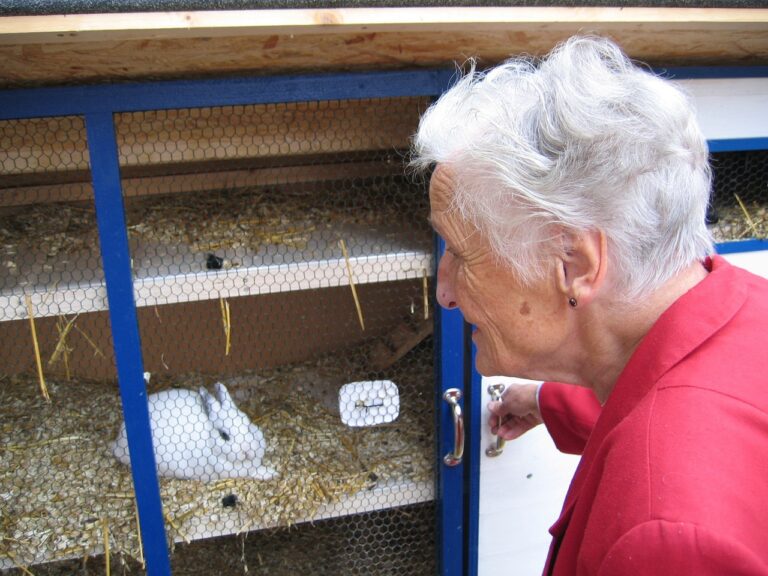Dementia Awareness: Understanding and Supporting Individuals with Memory Loss
Forgetfulness is a common occurrence in daily life, but when it starts to interfere with tasks that were once routine, it may be a sign of memory loss. Misplacing items frequently, forgetting important dates and appointments, or repeating questions are often early indicators. Additionally, struggling to recall recent conversations or events that others easily remember can be a cause for concern.
Confusion and disorientation are also key symptoms of memory loss. Individuals experiencing memory issues may find it challenging to follow familiar routes, forget how to perform tasks they have done countless times before, or have difficulty recognizing faces they should know. These signs can be distressing for both the individual affected and their loved ones, highlighting the importance of seeking medical evaluation and support.
Causes of Memory Loss
Memory loss can be triggered by a variety of factors, including age-related changes in the brain. As we grow older, our brain cells naturally decline in number, leading to a decrease in cognitive function. This age-related cognitive decline is a common cause of memory loss in older adults. Additionally, certain health conditions such as Alzheimer’s disease, vascular dementia, and other forms of dementia can also contribute to memory impairment.
Furthermore, lifestyle choices can play a significant role in memory loss. Poor dietary habits, lack of physical exercise, smoking, excessive alcohol consumption, and inadequate sleep can all have a detrimental impact on brain health and memory function. Chronic stress and untreated mental health conditions like depression and anxiety can also exacerbate memory loss symptoms. It is essential to adopt a healthy lifestyle and seek medical advice if experiencing persistent memory problems.
• Age-related changes in the brain
• Health conditions such as Alzheimer’s disease, vascular dementia, and other forms of dementia
• Poor dietary habits
• Lack of physical exercise
• Smoking
• Excessive alcohol consumption
• Inadequate sleep
• Chronic stress
• Untreated mental health conditions like depression and anxiety
Diagnosing Dementia
Dementia is a complex condition that can be challenging to diagnose accurately. It typically involves a series of assessments to evaluate cognitive function, memory, communication skills, and daily activities. One primary tool used in diagnosing dementia is the Mini-Mental State Examination (MMSE), which tests various cognitive functions such as memory, attention, and language.
In addition to cognitive assessments, healthcare professionals may also conduct blood tests and brain imaging studies to rule out other possible causes of cognitive decline, such as vitamin deficiencies, thyroid issues, or brain tumors. A thorough medical history and physical examination are essential in the diagnostic process to understand any underlying conditions that may contribute to dementia symptoms.
What are some common signs and symptoms of memory loss?
Common signs and symptoms of memory loss include forgetting recent events, asking the same questions repeatedly, difficulty completing familiar tasks, confusion about time or place, and misplacing items.
What are some causes of memory loss?
Memory loss can be caused by a variety of factors, including aging, stress, depression, nutritional deficiencies, head injuries, alcoholism, and certain medical conditions such as Alzheimer’s disease and other forms of dementia.
How is dementia diagnosed?
A diagnosis of dementia is typically made through a combination of medical history, physical exams, cognitive assessments, and laboratory tests. Imaging tests such as MRI or CT scans may also be used to help diagnose dementia. A comprehensive evaluation by a healthcare professional is necessary for an accurate diagnosis.
Can dementia be cured?
Currently, there is no cure for most forms of dementia, including Alzheimer’s disease. However, early diagnosis and treatment can help manage symptoms and improve quality of life for individuals living with dementia. Research is ongoing to find potential treatments and cures for dementia.







